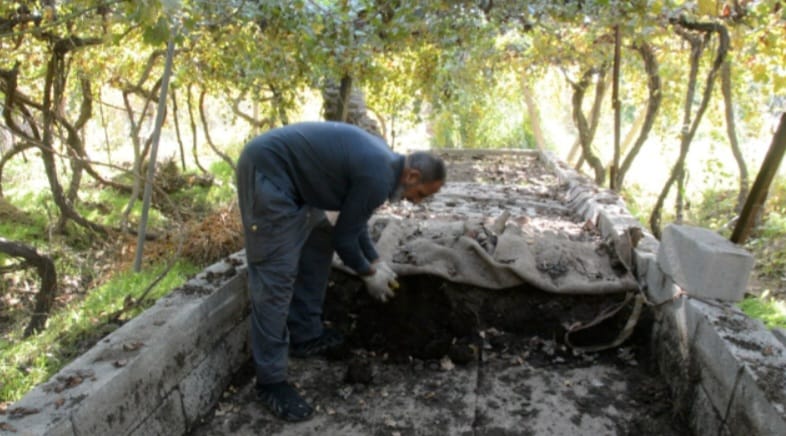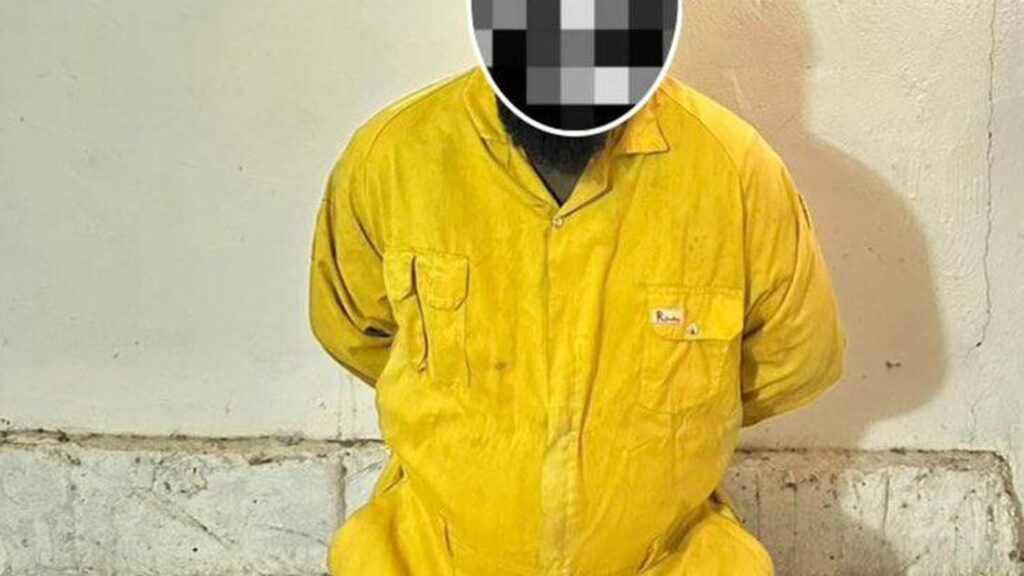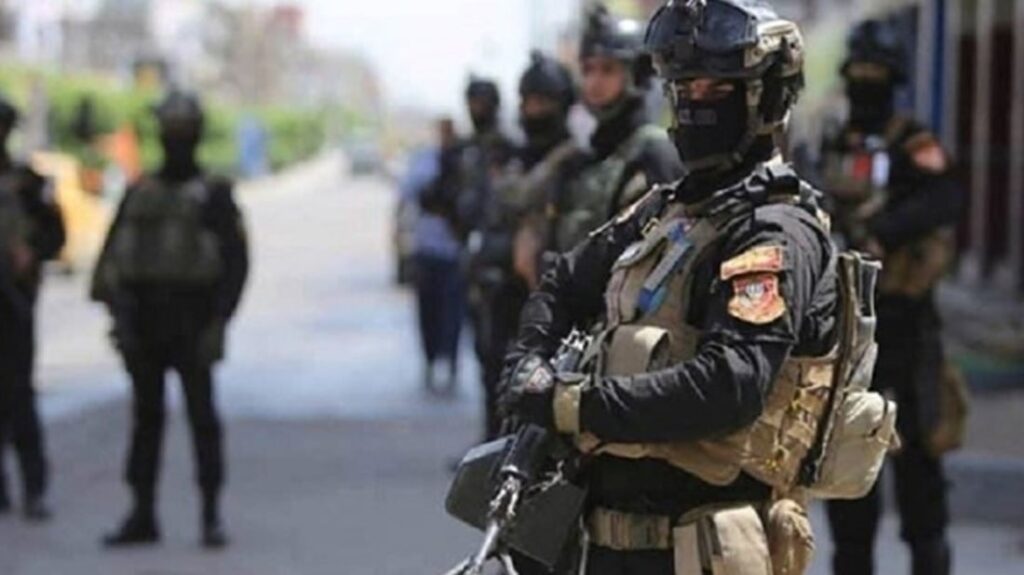Kurdish man detained in Iran for 13 years in case of mistaken identity is in 'constant agony'

ERBIL (Kurdistan 24) – In 1988, a man from the Kurdistan Region traveling to Iraq was detained by local security forces claiming he was a wanted man for his alleged membership with the Baathist party. He was kept in jail for 13 years.
On Monday, he shared his story with Kurdistan 24.
It was days before the Baathist government of the time launched a chemical attack on multiple areas of the Kurdistan Region. Fareed Jabar, a newly-wed public servant, was going to the local bazaar in the town of Halabja when he heard jets flying over.
Debris from the airstrikes struck and injured him, and seeking medical treatment during the conflict, he headed to Iran. “There, I was mistaken for someone else and arrested,” Jabar told Kurdistan 24.
1988 was the final year in the bloody eight-year war between Iran and Iraq, in which over 100,000 civilians on both sides were killed. The Iraqi government at the time repeatedly targeted Kurds in its genocidal campaign against the ethnic minority.
Civilians from one country traveling to the other were regular targets of harassment, with both sides fearing possible espionage tactics were being employed against them.
Jailed for thirteen years, Jabar was released in 2001, when he was told, according to him, “Sorry sir, you are not the man we were looking for.” According to Jabar, he had been mistaken for an Iraqi Baathist agent with the same name.
During his incarceration, Iranian guards ceaselessly tortured Jabar to obtain a confession. By the end of his ordeal, injuries from both the Iraqi airstrikes and torture sessions failed to heal properly, leaving Jabar severely crippled.
Upon his return to Iraq, with no official reports about his whereabouts, Jabar had been pronounced dead some time after he was detained.
“My wife remarried. All I owned, from my land to my house, were liquidated.”
Upon his release in 2001, he returned to Halabja, where he was greeted by his son. His wife, unknown to them at the time, had become pregnant, not long before Jabar traveled to Iran.
According to Jabar, his journey has left his body maimed and the physical pain he suffers from leaves him in a perpetual state of agony.
Editing by Nadia Riva





